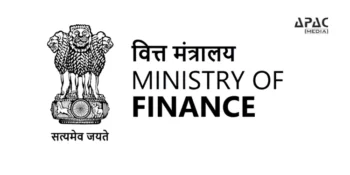New Delhi: Recent Goods and Services Tax (GST) reductions across key sectors in Chhattisgarh have provided a strong push to the state’s economy, boosting employment, supporting artisans and encouraging inclusive growth. The tax reforms, ranging from five to 18 per cent, have benefited industries spanning handlooms, handicrafts, cement and packaged dairy products.
A GST reduction to 18 per cent on cement has lowered construction costs, driven housing demand and helped sustain nearly 20000 – 30000 direct and indirect jobs across Chhattisgarh’s industrial hubs in Raipur, Korba and Bilaspur. The move is expected to further stimulate infrastructure and housing activity.
In the handloom and handicraft sectors, where thousands of craftsmen rely on traditional weaving and craft-making, the GST cut of five per cent has already increased demand by 10 to 15 per cent. The change is expected to create about 5000 new jobs by 2026, with a focus on empowering women-led Self-Help Groups working in Kosa silk, Bastar Dhokra art, and indigenous crafts.
The drop in GST on packaged dairy products from 12 to five per cent has had a substantial impact. It is intended to boost consumption, create 15000 – 20000 jobs, and assist the National Dairy Development Board (NDDB) in increasing milk processing capacity from 79,000 kg to 500,000 kg per day by 2028. This initiative supports women-led dairy cooperatives, which employ a sizable portion of the rural labour.
By lowering production costs and making local products more competitive, these GST reforms are strengthening traditional industries, formalising rural enterprises and setting Chhattisgarh on a path toward sustainable and inclusive economic development.










Discussion about this post